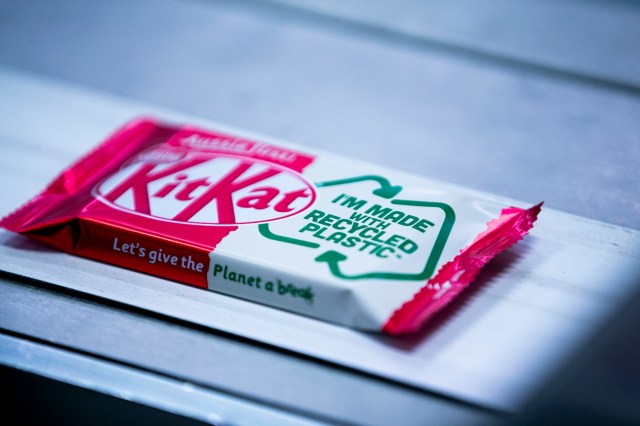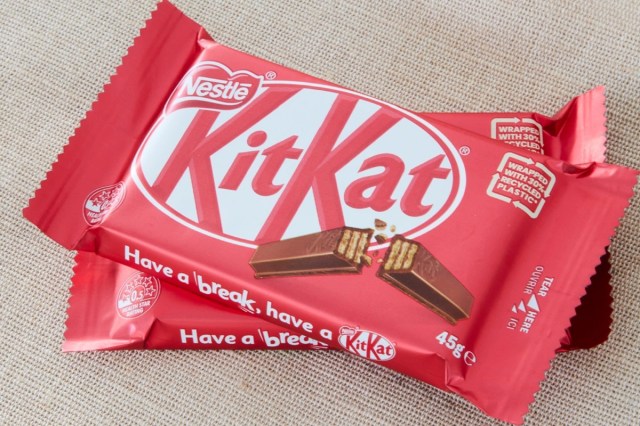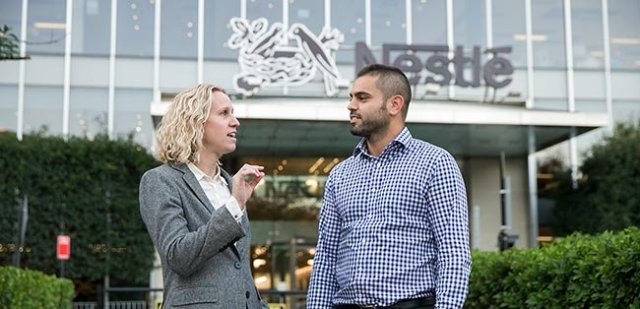
Nestlé has increased its use of recycled plastic in select KitKat wrappers to 90 per cent, claimed to be an Australian first and the highest proportion used in soft plastic by any major food brand in the country.
The major step in the brand’s sustainability journey cuts 1,200,000 square metres of virgin plastic each year, enough to cover approximately 1,000 x 50m swimming pools.
The 90 per cent recycled plastic is allocated using the ISCC mass balance approach.
Nestlé general manager of confectionery Andrew Lawrey said, “KitKat lovers tell us they want breaks for good – and that packaging matters to them. Their appetite for change is accelerating, and we know they are looking for better packaging, including packaging made with more recycled material.
“It’s critical that our packaging keeps KitKat safe and fresh and delivers that delicious snap consumers love. While recycled plastic suitable for soft plastic food wrappers continues to be scarce, we will keep working closely with our suppliers to transition as quickly as possible.”
The new wrappers will be used on the classic KitKat and KitKat Gold 4-finger bars, KitKat Chunky Aero Mint bar and traditional KitKat block.
The update builds on KitKat’s move last year to become Australia’s first food wrapped in soft plastic made with 30 per cent recycled plastic, using a mass balance approach – with more than 40 million KitKat 4-finger bars wrapped with 30 per cent recycled plastic since.
Nestlé Oceania director of corporate affairs and sustainability Margaret Stuart added, “We hope this wrapper does more than just reduce virgin plastic use. We hope it’s a reminder of the circular potential for soft plastics. We all know the disappointment of not being able to recycle our soft plastics right now, but we’ve designed our wrappers so that where collection is available, they can be recycled.
“We’re continuing to work with industry and the value chain to see a future where Australian used plastic can be collected and turned into soft plastic food packaging.”
Nestlé plans to introduce food-grade soft plastic wrappers made with recycled plastic to further product ranges as global availability increases.


